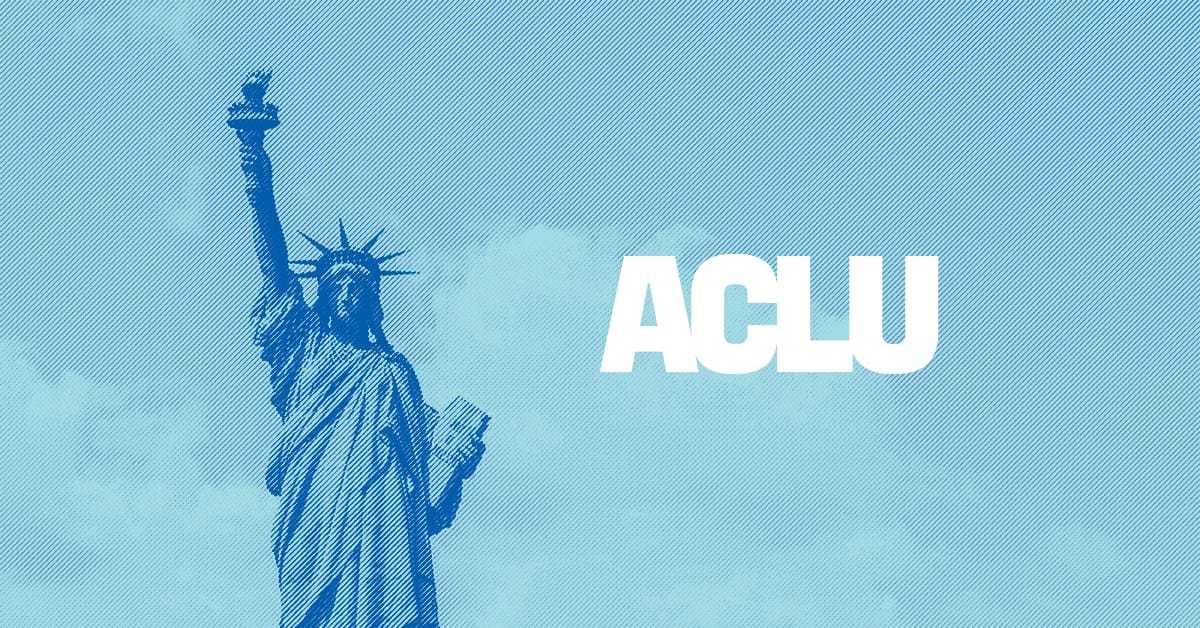

Legislative Agenda
By completing this form, I agree to receive occasional emails per the terms of the ACLU’s privacy statement.
Last updated on September 03, 2025
What We’re Fighting For in 2025
Each year, the ACLU of Mississippi identifies the most pressing issues facing our state and sets a legislative agenda to defend and expand civil liberties. In 2025, our agenda focuses on restoring democratic participation and protecting fundamental freedoms.
We are fighting to restore ballot initiatives so citizens once again have the power to shape laws directly, and we are pressing to restore voting rights for Mississippians who have been excluded from the democratic process. We are advancing measures to strengthen the Civil Rights Act, ensuring that every Mississippian is treated with dignity and fairness.
We continue to stand with the LGBTQ+ community against discrimination, and with women and healthcare professionals in defending the right to make personal reproductive choices without political interference.
Together, these priorities form a roadmap for protecting the rights of all Mississippians and ensuring that every voice counts in shaping our shared future.
The fight to defend civil rights and liberties in Mississippi has never been more important. Here's what's on our agenda this Legislative Session.
